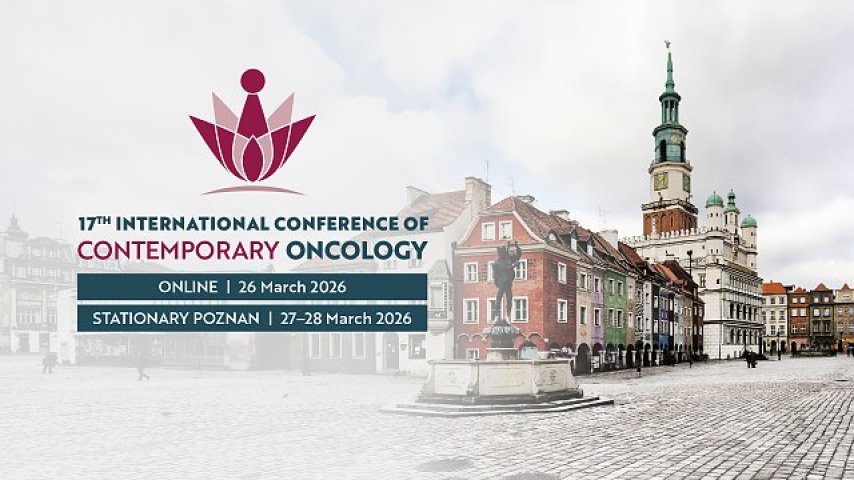The influence of viral, bacterial and parasitic infections on the development of neoplasia
A relationship exists between certain protracted viral, bacterial and parasitic infections on one hand and development of tumours on the other. A relationship was proven between persistent infection with highly oncogenic types of human papilloma virus (HPV) and the development of precancerous lesions and uterine cervical cancer, a significant proportion of cancers of the anus, penis, vulva and vagina, and a lower proportion of cancers of the oral cavity and the larynx (infection with low-oncogenic types of the virus). It is estimated that around 54% of primary hepatic carcinomas worldwide (hepatocellular carcinoma – HCC) are directly linked to persistent infection with hepatitis type B virus (HBV) and 31% of the cancers result from persistent infection with hepatitis type C virus (HCV). Human immunodeficiency virus (HIV) induces increased morbidity due to certain malignant tumours. The index diseases for the acquired immune deficiency syndrome include Kaposi sarcoma, non-granulomatous lymphomas, primary cerebral lymphoma and carcinoma of the uterine cervix.
Artykuł dostępny wyłącznie dla:
lekarz, lekarz dentysta, lekarz w trakcie specjalizacji .Zaloguj się, aby przeczytać pełną treść artykułu.
Zaloguj się
Nie pamiętasz hasła?
Skorzystaj z opcji przypominania hasła, aby odzyskać dostęp do swojego konta Termedia.
Kategorie:
Inne



